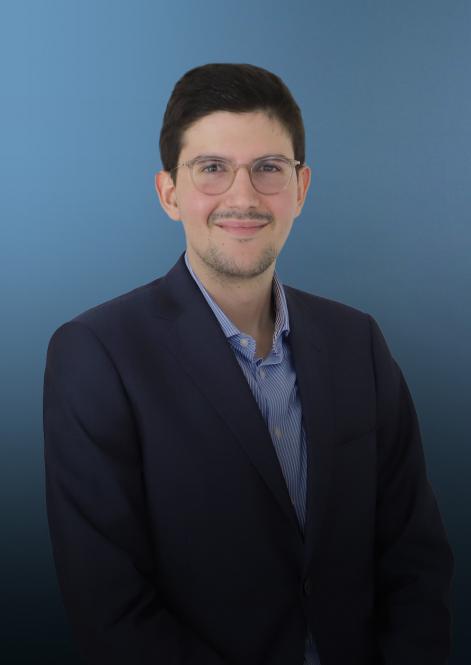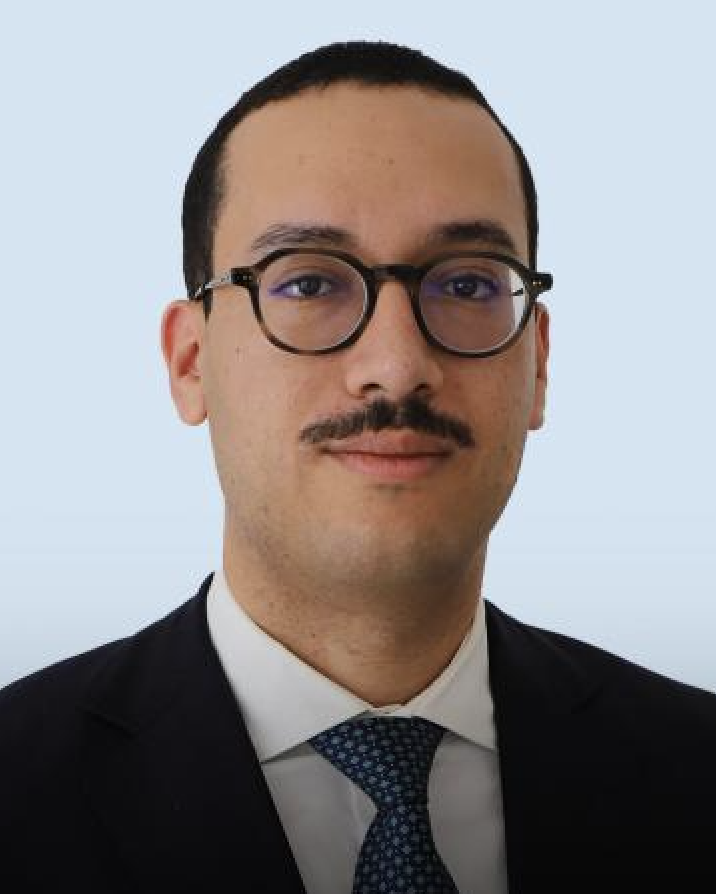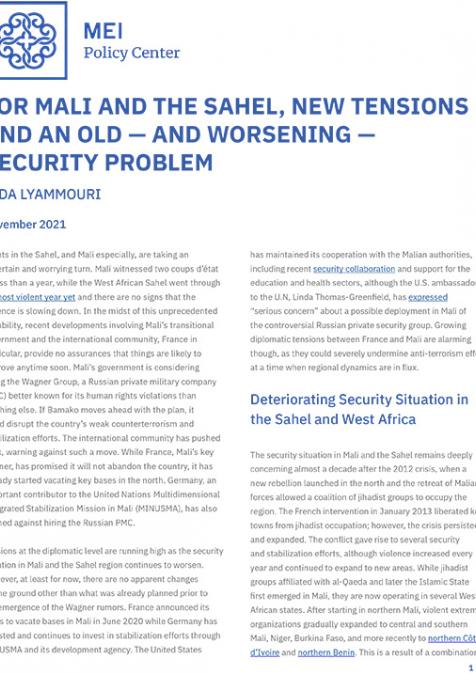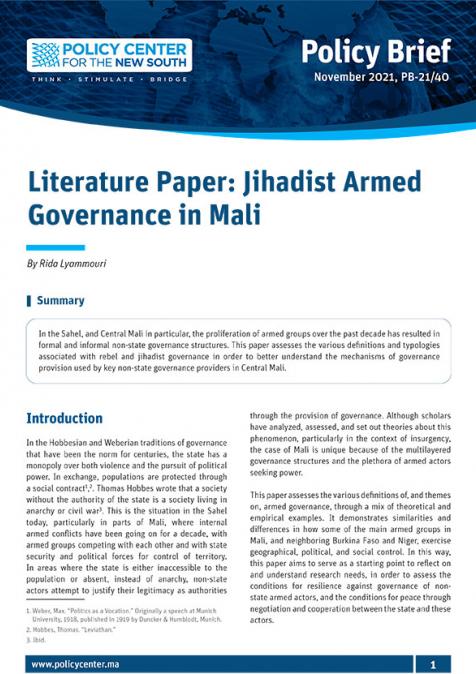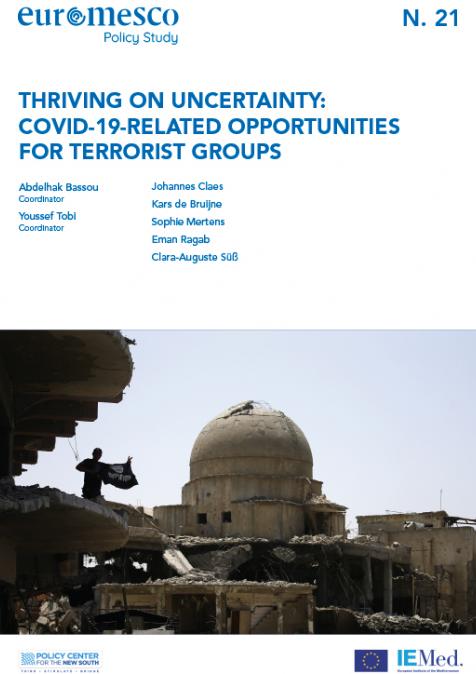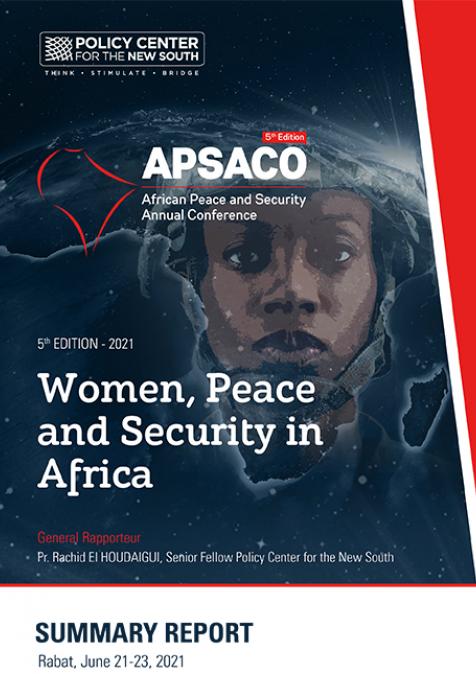Thriving on uncertainty: COVID-19 related opportunities for terrorist groups
The Policy Center for the New South (PCNS) is organizing a public debate titled "Thriving on uncertainty: COVID-19 related opportunities for terrorist groups” on Thursday, September 23rd, 2021 at 3pm GMT+1. This webinar is the result of a Joint Policy Study, coordinated by our Senior Fellow Abdelhak Bassou and our International Relations Specialist Youssef Tobi, in the framework of the EuroMeSCo: Connecting the Dots project, co-funded by the European Union and the European Institute of the Mediterranean (IEMed). Covid-19 has put the world in a state of global uncertainty. State responses have been crucial in dealing with this unexpected pandemic, but by putting pressure on health infrastructures and challenging state legitimacy and responses, the virus has slowly become a global test for almost all governments. The efficiency of the strategies employed to cope with the exponential infection rates generated by the pandemic varies and depends on the initial levels of public services available, as well as on the capacity of States to mobilize and communicate in a timely and coherent manner. In the MENA and Sahel regions, we notice an entanglement between pre-existing threats and the impact of the pandemic. In fragile states, the constant threat of violent terrorism has been linked to the turmoil caused by the spread of the virus, amplifying the unsteady scene for countering-terrorism efforts. Terrorist groups, already challenging state legitimacy and human security in the MENA and Sahel countries, have taken COVID-19 as a vindication of their ideological standpoints and have used the uncertainty caused by the virus to further pressure states’ defence apparatuses. Given the limited levels of infrastructures and already challenged political landscapes in these regions, the virus could further weaken economies and fuel public dissent, crafting a perfect storm of conditions for terrorist agendas to thrive. Exploring related opportunities offered by COVID-19 to terrorist groups in these regions allows for a prospective and analytical work that will deepen the understanding of terrorist tactics and propaganda strategies, thus enabling the adoption of a more comprehensive approach with regards to responding and assisting states on the ground. Policy recommendations derived from this study will not only aim at mitigating risks derived from the interlinkage between the turmoil caused by the virus and terrorism in the region, but will also focus on state responses and the assessment of innovative and applicable ways to support CVE and PVE efforts in an uncertain and novel landscape in the regions covered. Against this background, the findings of the paper can help EU policy makers adopt more effective policies in weakening the recruiting capabilities of terrorists, and launch new cooperation programs with North African countries.


